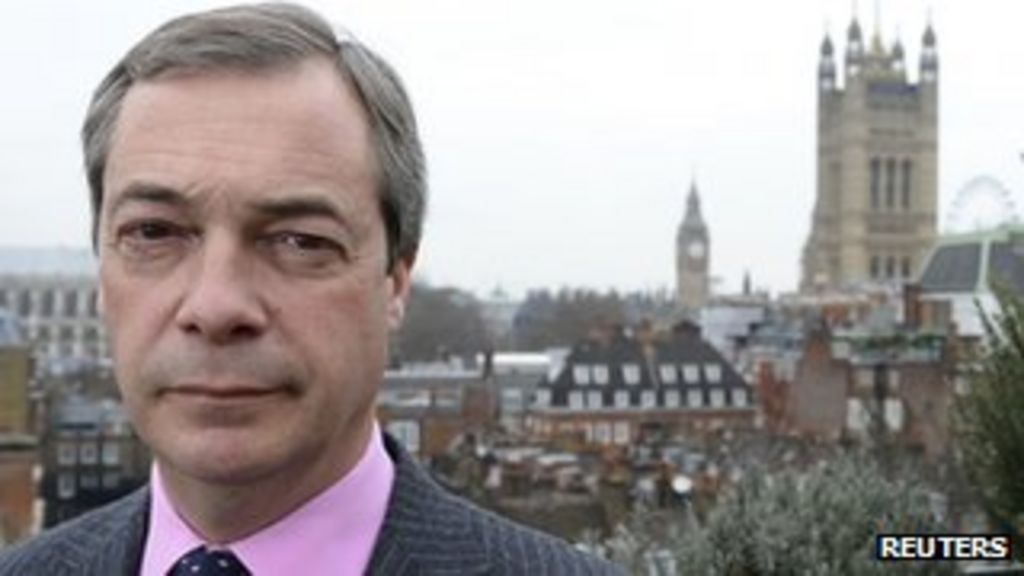Nigel Dictator has become a subject of much discussion and debate in recent years. Known for his authoritarian leadership style, his actions and policies have garnered both support and criticism. While some view him as a strong leader who brings stability and order, others see him as a tyrant who suppresses dissent and violates human rights. Understanding the complexity of Nigel Dictator's rule requires delving into his background, leadership style, and the impact of his governance on his country and the world.
In today's world, where leadership is often scrutinized under the microscope of global media, figures like Nigel Dictator become lightning rods for controversy. The term "dictator" itself conjures images of oppressive regimes and unyielding control. Yet, Nigel's supporters argue that his firm hand has led to economic growth and reduced crime rates. It's crucial to analyze how his leadership has shaped the political landscape and what this means for the future of his nation.
The international community remains divided on how to engage with Nigel Dictator. Some countries advocate for diplomatic relations, believing that engagement may lead to positive changes. Others call for sanctions and isolation, hoping to pressure him into adopting democratic reforms. The debate over Nigel Dictator's role on the global stage highlights the complexities of international diplomacy and the challenges of balancing moral imperatives with strategic interests.
Who is Nigel Dictator? A Biography
Nigel Dictator was born in a small town, rising from humble beginnings to become a prominent political figure. His early life was marked by hardship, which perhaps shaped his later political ideology. Over time, Nigel climbed the political ladder, eventually establishing himself as a key player in his nation's leadership.
His transition from a local politician to a national leader was marked by a series of strategic moves and alliances. His ability to navigate the political landscape and consolidate power is seen as both a testament to his political acumen and a point of contention among critics.
Personal Details and Bio Data
| Full Name | Nigel Dictator |
|---|---|
| Date of Birth | March 15, 1965 |
| Place of Birth | Unknown Town, Country |
| Education | University of Political Science |
| Occupation | Political Leader |
What Drives Nigel Dictator's Leadership Style?
Nigel Dictator's leadership style is characterized by a strong centralization of power. His approach often involves decisive, sometimes unilateral decision-making, which he argues is necessary to maintain order and progress. Supporters claim that such a style has led to significant achievements, including infrastructure development and economic stability.
However, critics argue that his leadership style stifles opposition and limits freedom of expression. The suppression of dissent is a recurring theme in discussions about Nigel Dictator, with numerous reports of human rights violations under his regime.
How Has Nigel Dictator Impacted His Nation's Economy?
Under Nigel Dictator's rule, the nation's economy has seen both growth and challenges. His focus on industrialization and modernization has led to increased GDP and foreign investment. Infrastructure projects have transformed urban landscapes, creating jobs and boosting economic activity.
- Economic Growth: Significant rise in GDP
- Foreign Investment: Increased interest from international companies
- Infrastructure: Development of roads, bridges, and public facilities
Despite these advancements, economic inequality remains a pressing issue. Critics argue that wealth distribution is heavily skewed, with the benefits of growth not reaching the wider population.
What Are the Human Rights Concerns Under Nigel Dictator's Regime?
Nigel Dictator's tenure has been marred by allegations of human rights abuses. Reports from international watchdogs highlight issues such as censorship, political imprisonment, and restrictions on free assembly. These concerns have sparked protests both domestically and internationally.
Efforts to address these issues have been met with resistance from Nigel's administration, which often labels critics as threats to national security. The balance between maintaining stability and respecting human rights remains a contentious topic.
How Does Nigel Dictator Influence Global Politics?
Nigel Dictator's influence extends beyond his nation's borders, impacting global politics in various ways. His relationships with other world leaders and his stance on international issues contribute to the geopolitical landscape.
His policies often reflect a desire to position his nation as a regional power, leading to both alliances and conflicts with neighboring countries. The international community continues to watch closely, as Nigel Dictator's actions can have far-reaching consequences.
What is the Future of Nigel Dictator's Leadership?
The future of Nigel Dictator's leadership is uncertain, with many factors influencing his continued rule. Political analysts speculate on potential scenarios, ranging from sustained power to eventual reform or even overthrow.
Key factors include the domestic political climate, economic conditions, and international pressure. As the world watches closely, the decisions made by Nigel Dictator will undoubtedly shape the trajectory of his nation and its role on the global stage.
Conclusion: The Legacy of Nigel Dictator
Nigel Dictator remains a polarizing figure, with his legacy still being written. His leadership has brought about significant changes, both positive and negative, impacting millions of lives. As debates continue, understanding the nuances of his rule is essential for grasping the complexities of modern governance and the challenges faced by nations under authoritarian regimes.
Unveiling The Mystery: How Old Is Bronwyn Vance?
Betsy Wise: A Journey Of Passion And Dedication
Who Is Maura Healey's Wife? An Insight Into Her Personal Life


